This website uses cookies to ensure you get the best experience on our website.
- Table of Contents
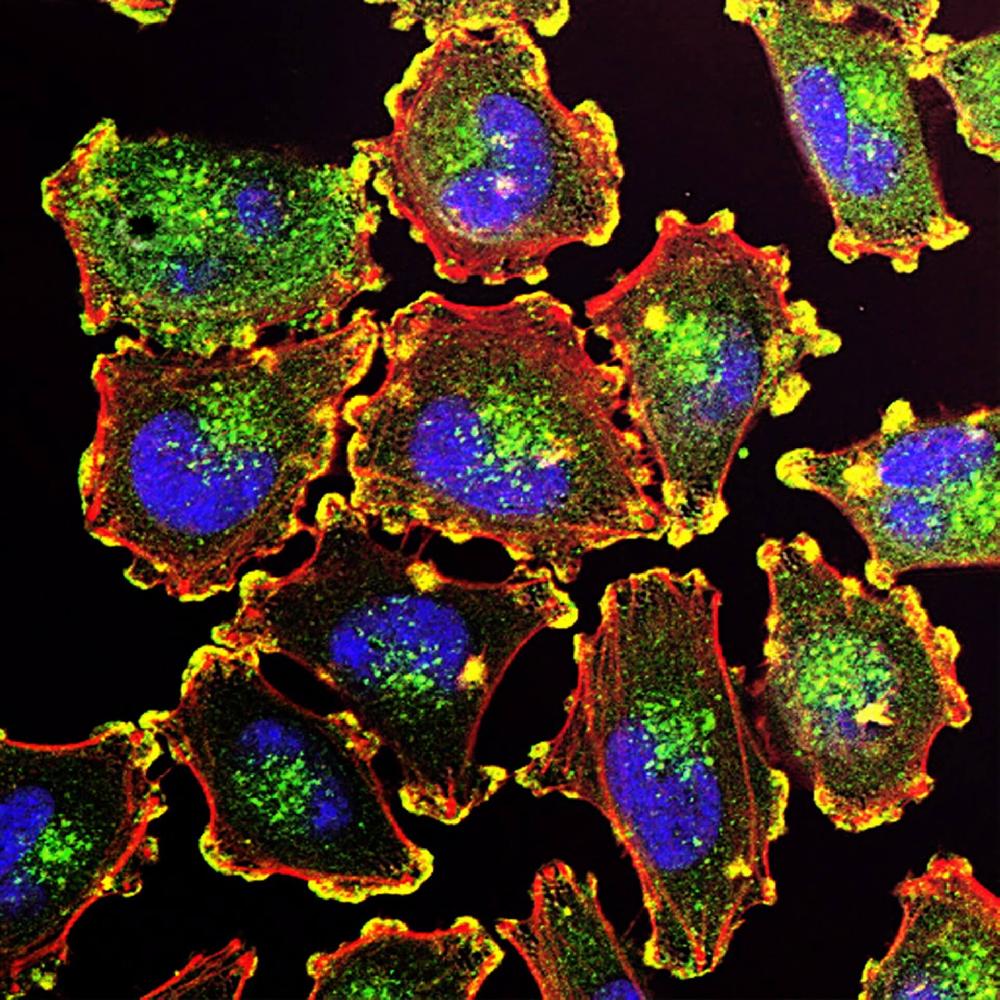
Facts about 14-3-3 protein theta.

Binding generally results in the modulation of the activity of the binding partner. Negatively regulates the kinase activity of PDPK1.
| Human | |
|---|---|
| Gene Name: | YWHAQ |
| Uniprot: | P27348 |
| Entrez: | 10971 |
| Belongs to: |
|---|
| 14-3-3 family |

14-3-3 protein tau; 14-3-3 protein T-cell; 14-3-3 protein theta; 1433; 14-3-3; 14-3-3,1C5; HS1; Protein HS1; protein tau; tyrosine 3-monooxygenase/tryptophan 5-monooxygenase activation protein, thetapolypeptide
Mass (kDA):
27.764 kDA
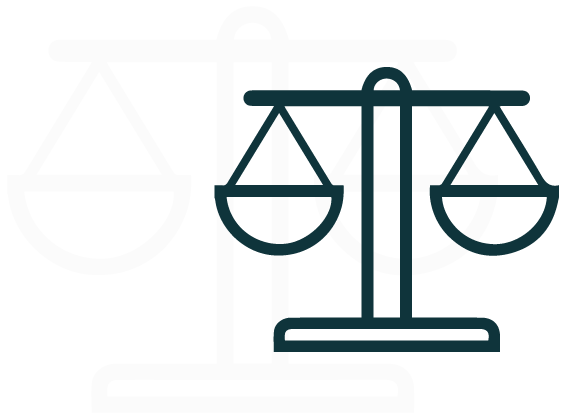
| Human | |
|---|---|
| Location: | 2p25.1 |
| Sequence: | 2; NC_000002.12 (9583967..9630997, complement) |
Abundantly expressed in brain, heart and pancreas, and at lower levels in kidney and placenta. Up-regulated in the lumbar spinal cord from patients with sporadic amyotrophic lateral sclerosis (ALS) compared with controls, with highest levels of expression in individuals with predominant lower motor neuron involvement.
Cytoplasm. In neurons, axonally transported to the nerve terminals.
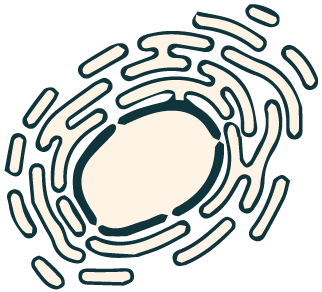


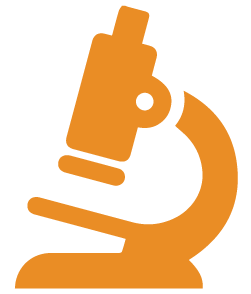

PMID: 2015305 by Nielsen P.J.; Primary structure of a human protein kinase regulator protein.
PMID: 8515476 by Leffers H., et al. Molecular cloning and expression of the transformation sensitive epithelial marker stratifin. A member of a protein family that has been involved in the protein kinase C signalling pathway.